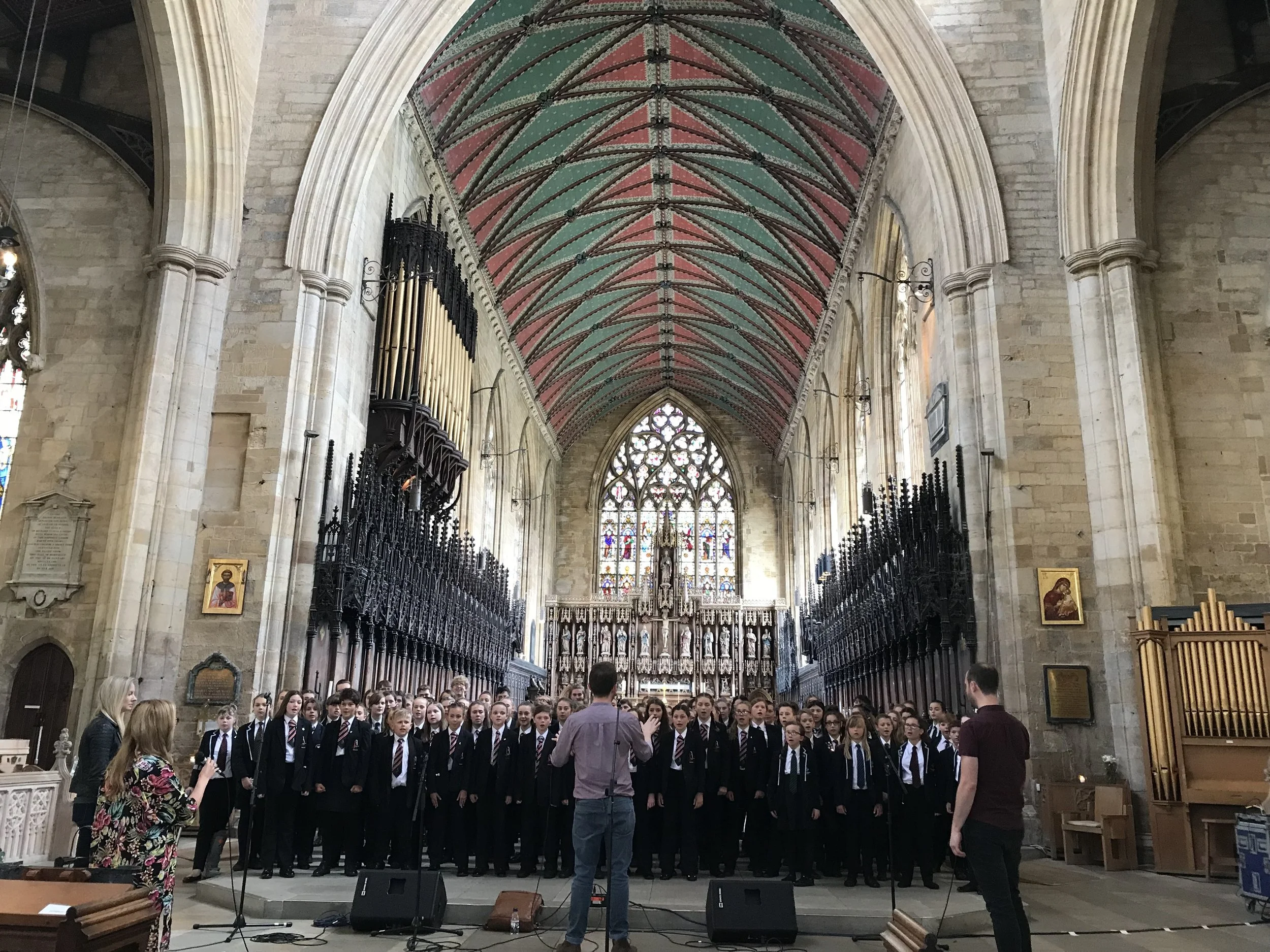Impact
‘Sing Every Day’
In 2019 we set out to research what impact a project with children in year 1 (ages 5 and 6) and their classroom teachers would have. Could singing sessions with the children and mentoring the children’s classroom teachers make a measurable difference? Could we support the teachers to include 10 minutes of singing every day with their class?
We commissioned Professor Graham Welch and a team from UCL’s Institute of Education to undertake this research. Professor Welch is a leading expert in music education, the psychology of music, and singing and voice science. He holds the UCL Institute of Education Established Chair of Music Education as well as visiting Professorships at universities in the UK and overseas.
We called the project ‘Sing Every Day’ and the data Professor Welch and his team gathered, together with our team’s experience delivering this project is important not only as we continue to develop our education work, but also to inform further research into the impact of singing. Published in 2020, highlights from the report include:
‘Overall, the implications from the data are that the mentored classroom-based singing activities across two school terms (approximately six months) resulted in improvements in children’s singing (on average), as well as possible benefits in reading and aspects of Executive Function – the latter being closely correlated to changes in the same children’s reading scores.’
‘….separate qualitative research data suggests that the participant generalist teachers collectively benefited from being mentored by professional singers who drew on an experienced background in working with children and offering school based support….’
Young Leaders Research
The VOCES8 Foundation asked Professor Sue Hallam to evaluate four of its Young Leader Programmes.
The foundation’s Young Leader Programme supports secondary school pupils aged 11 to 19 in learning how to lead a workshop that includes warm-ups, the VOCES8 Method and teaching songs to primary school children. Our team helps the participants develop their leadership and teamwork skills as well as their confidence and musical skills.
The Foundation asked Professor Susan Hallam to evaluate four of its Young Leader Programmes.
The results of the evaluation were overwhelming positive:
97% indicated that the training was successful in helping them to become a music leader.
94% indicated that the project helped build their confidence.
98% that it had helped to develop their leadership skills.
96% that they enjoyed leading the workshop in the primary school
92% that the impact on leadership and teamwork skills would continue after the project.
The Young Leaders reported that the programme had:
enhanced the range and quality of their musical and performance skills;
improved their confidence, communication and leadership skills;
positively enhanced their musical aspirations with some indicating that they might pursue a musical or teaching career; and
increased the likelihood that in the long-term they would engage in more singing and a cappella activities.
Professor Susan Hallam
Dr. Susan Hallam MBE is Emerita Professor of Education and Music Psychology at the UCL Institute of Education.
She is the author of numerous books on education and has also published several books in relation to music education and music psychology including The Power of Music; Music Psychology in Education; and The impact of actively making music on the intellectual, social and personal development of children and young people: A research synthesis.


